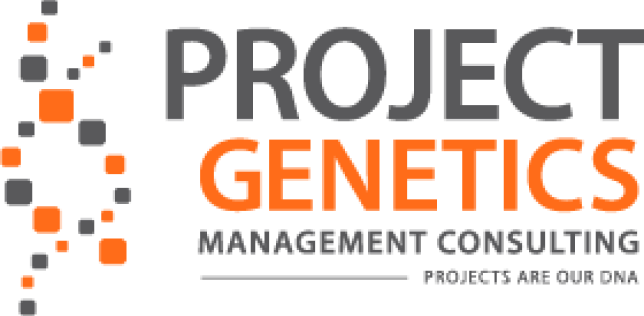The first step of project recovery is risk analysis, which begins with identifying potential risks. You can do this by consulting others on your team as well as outside experts. You can also work on identifying the systems and structures that make up the project and collect all proper documentation.
4 Ways To Identify Risks Before Starting Project Recovery
1. Schedule a Meeting With Your Team
This is the time to ask blunt questions and see what everyone says about the project in its current state. You’ll gain a lot of data from many perspectives about where everything stands. This will give you new ways to identify risks for the project. Ask when the deadline is, whether it’s flexible, and whether moving forward makes sense as is.
What are the current priorities for this project and are they the same as when you started? Where do resources for the project currently stand? You may soon find that a project redesign is a better option. However, you don’t want to assume, you want to get clear information before making any decisions.
2. Review the Project History
It’s possible there may have been multiple points of failure during the project so far. Finding them all will help you understand the potential risks that may come up during the recovery of the project. Review a timeline of the history up to this point and mark any failure points.
3. Run Through a List of Potential Project Threats
Make a list of potential threats to any project. Then, address each of them and ask yourself whether they apply. Some potential threats may include risks to operations, like supply or distribution. There could be technical threats, political, elements of procedure, or financial risks.
If a key player leaves the project, would it then fail? This is a human element. What are the reputation risks associated with this project? The more of these questions you ask, the better idea you’ll get for threats that may be ahead.
4. Consult People You Trust
You’ve spoken with the people on your team who are in this day-to-day. It’s good to then talk to experts you trust who aren’t working inside the project. You may consult others in your organization, people who’ve run similar projects, or outsource to outside experts. At Project Genetics, we specifically work with teams on recovery plans for this reason.
Discuss what you know about the project so far and ask for their outside perspectives. They may give you insight into why past failures happened or even notice ones you didn’t see. Get someone else to point out every threat you’ve faced so far. Then you can develop an idea of how to create a path to lasting success.
The more potential risks you identify early on, the better strategies you’ll develop to mitigate these risks. It’s important to continue monitoring and reassessing your risks throughout the recovery process. To create the best chance for success, talk to an expert who knows recovery strategies inside and out. Contact Project Genetics today and talk to a project management expert about a successful recovery plan.



